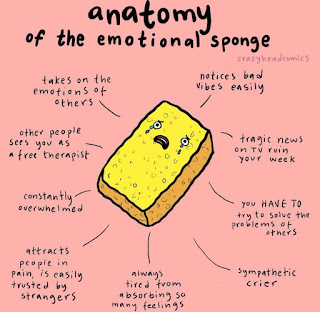 |
| The ZPD: something all those people critical of teaching have never heard of, but it’s where teachers live all day every day. |
If your teacher-craft is good you are a natural differentiator, going to great lengths to provide each student with what they need. Teachers are the pressure point between a system trying to do things as cheaply and generically as possible and individual students all learning from their own context. That stretch is why replacing teachers with elearning systems or creating enormous classrooms will result in a substantial drop in pedagogical effectiveness. You need a trained professional to attempt to bridge this enormous gap in a reasonably sized class, at least if you want it done well.
In an optional course like computer engineering this is stretched to extremes. In the same class I will have functionally illiterate students who verge on being developmentally delayed sitting next to gifted students who so aggressively pursue the work that they are operating well beyond the expectations of the grade or even the curriculum. I’m the mechanism that tries to make sure both those students (and the other twenty-two in the room) are all in their zone of proximal development, and yes, it’s exhausting at the best of times.
On top of that, because I’m teaching high school students I get to attempt this stunt with kids whose brains haven’t yet developed the ability to forecast the consequences of their actions. When their amygdalas finally develop in their early 20s their executive functions will come online and their post-secondary instructors will get to enjoy a more complete human being, but we never see them in high school. Most of the general public are also oblivious to the brain research teachers keep up on.
Because all of that isn’t enough, Ontario also likes to Victory Lap students, allowing graduates who have already finished to come back for another year at great public expense. The system used to enjoy the extra financial injection that these students brought with them, but cuts have meant that schools aren’t being funded completely to support these students properly any more. This week I’m spending more attention on two victory lappers than I am on my other 70 odd students who are actually supposed to be there.
I’ve had mixed experience with Victory Lappers. In some cases that extra year was just what they needed in terms of maturity to prepare them for post-secondary life, but too many times it’s a privileged kid enjoying an easy year in a fish tank they’ve outgrown instead of taking the big step into the unknown. That this is now happening in an unfunded and overly stretched system is causing stress cracks to appear where they didn’t before. Maybe a way forward in this is to only allow students with individual education plans the opportunity to victory lap, but whatever we do, it needs to have been done several years ago. If we could stop playing politics and actually manage Ontario’s education system effectively, we could find cost savings in something like this immediately.
from Blogger https://ift.tt/38tZAcj
via IFTTT
















